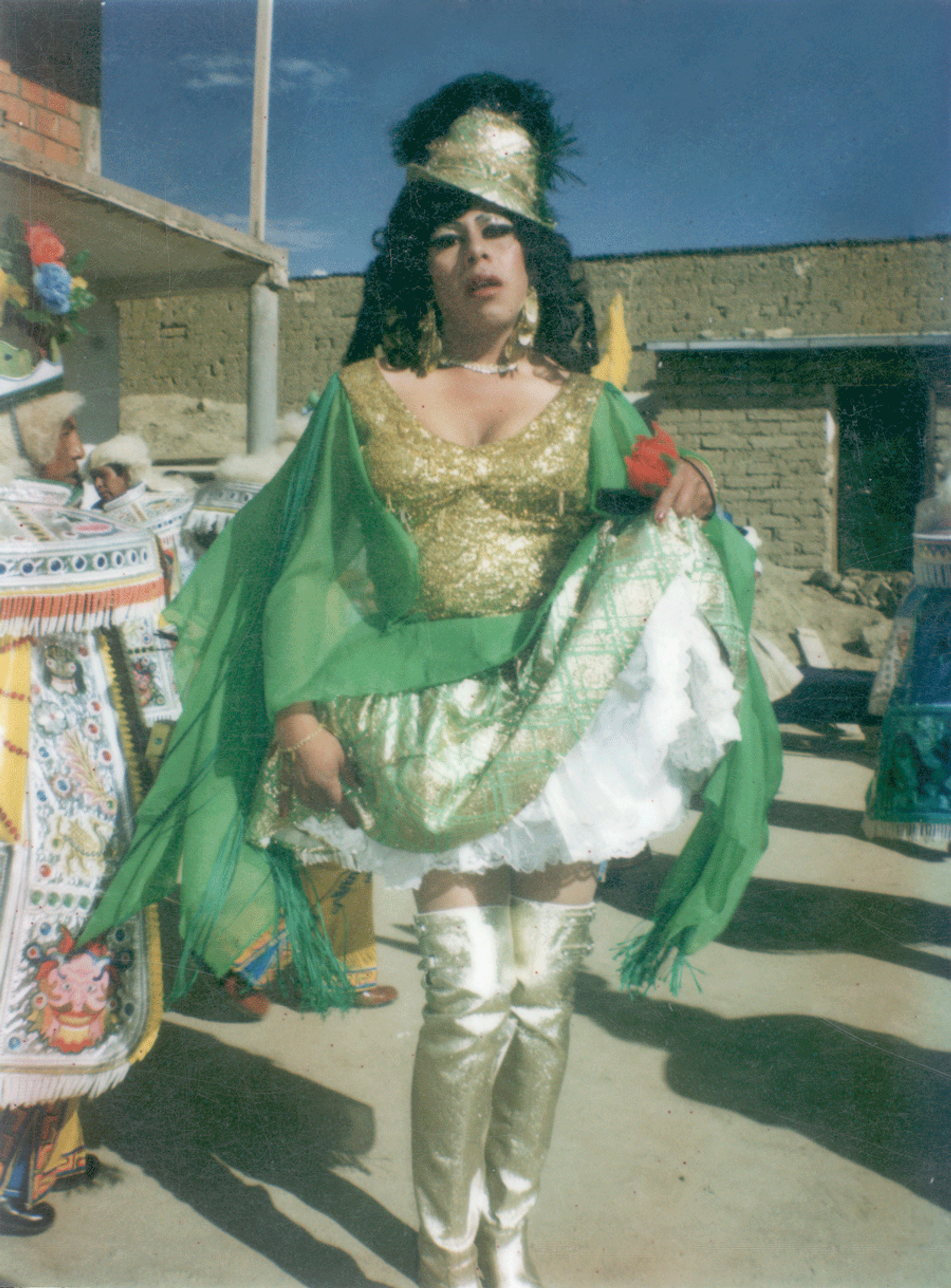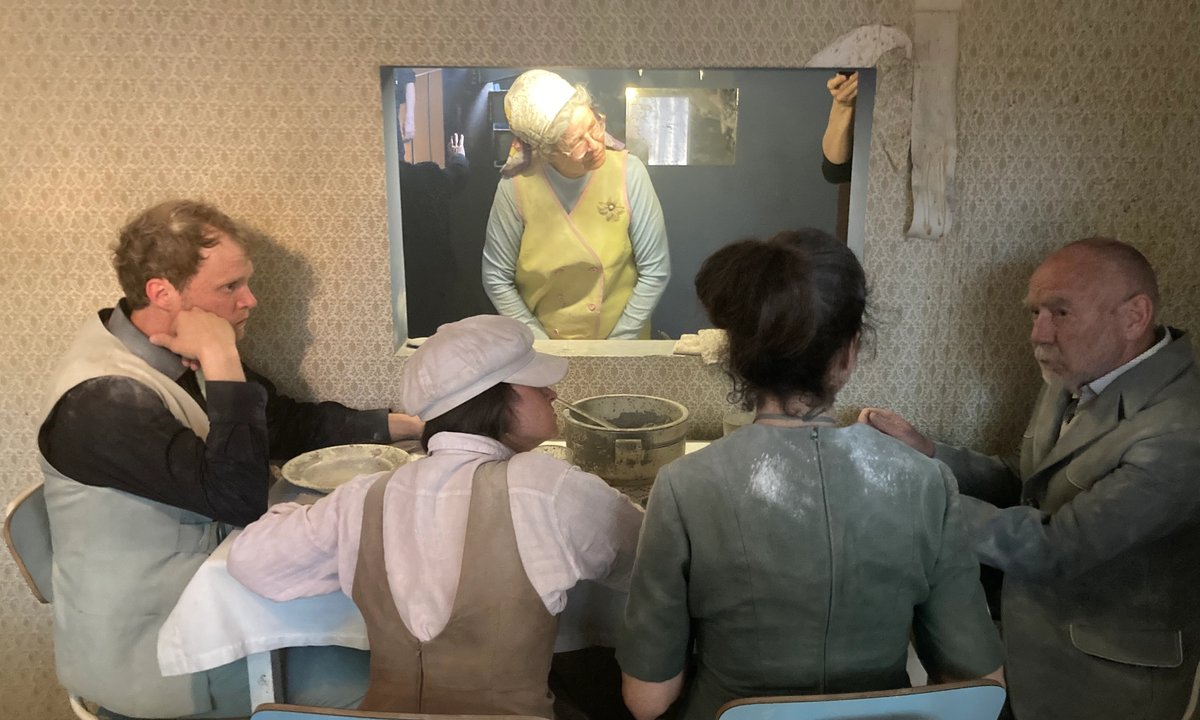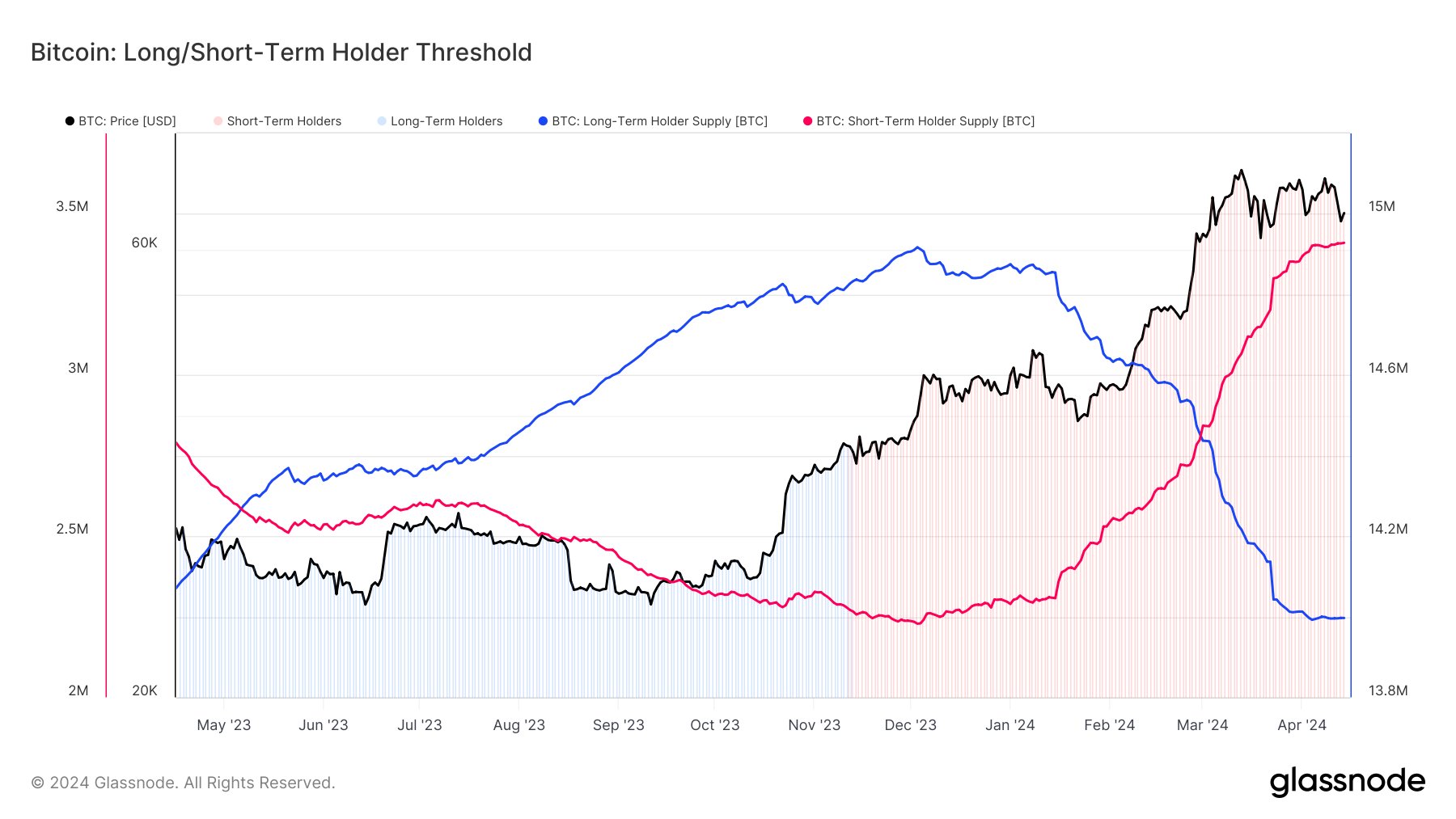As a tradition struggle round problems with trans and gender-non conforming identities rages on, an archival exhibition in Bethnal Inexperienced, east London, emphasises how queer communities the world over have been positioned on the forefront of politics for many years, and performed central roles in resistance actions.
Barbarella’s Kiss (till 11 June), on the curator-favourite non-profit house Auto Italia South East, surveys the work of the Bolivian artist and queer activist David Aruquipa Pérez, who has amassed a set of images of his travesti pals (a Latin American-specific time period for gender non-conforming individuals assigned male at start) acting at carnivals from the Nineteen Sixties to the Eighties. A lot of them embody the character of the China Morena, a flamboyantly dressed female determine well-liked at Bolivian carnivals, and which Pérez asserts originated with trans communities.
“The parades are catwalks—the fashions dictate these in regular society and the China Morena are massively influential,” Pérez stated shortly earlier than the present’s opening, for which he remodeled right into a China Morena, sporting a brilliant pink gown, and carried out a dance accompanied by a soundtrack of recordings from historic carnivals to “invoke his sisters each lifeless and alive”.

David Aruquipa Pérez’s Lucha (Luis Vela) at a rural competition, La Paz, Bolivia, c. (1973) color {photograph}
Courtesy of the artist and Diversidad – Comunidad de Investigación Acción en Derechos y Ciudadanía
The exhibition takes its title from an incident—of which no photographic proof exists—during which the travesti Barbarella kissed the Bolivian dictator Hugo Banzer Suárez at a carnival in 1974. Humiliated and enraged, Banzer banned the travesti from performing and drove them underground. However in doing so, he additionally served to stress their subversive function within the wider resistance motion that may topple his army rule in 1978.
“Barbarella’s Kiss is a doc of sexual and gender numerous individuals’s struggle for honest and equitable inclusion with tradition and society,” says Auto Italia’s director Edward Gillman. He relates the present’s themes to the continued struggle for liberation amongst trans and gender-nonconforming individuals within the UK. “The exhibition evidences that gender variety is wealthy and kaleidoscopic, and that the human expertise encompasses a posh vary of dwell gender experiences—greater than the mainstream political-religious proper within the UK would love us all to consider.”
Pérez, who co-curated the exhibition with the artist Aitor González, emphasises how central carnivals are to Bolivian society. “To be seen within the carnival is take part in society—everyone seems to be watching you. And when your presence is banned, the mere act of gathering turns into certainly one of resistance.”
The simultaneous repression and hyper-visibility so usually confronted by trans and queer individuals was addressed in a chat on the exhibition, for the launch occasion of Viscose—a style idea journal that has devoted its fourth challenge to problems with transness in style. “Dressing is a public act,” says Viscose’s founder Jeppe Ugelvig, “and the photographs of the Chinas Morenas, in addition to this present challenge of the journal, each underline how gender nonconforming individuals have lengthy been on the forefront of politics,” he says, including that one should at all times look to the fringes and undersides of society to correctly observe how style and energy work together.
Viscose’s Trans challenge comprises various historic, archive articles that present, amongst different issues, how attitudes in direction of gender identification have in some methods turn into extra, not much less, reactionary over time. It reminds us that the roads to freedom, each social and authorized, will not be at all times linear, nor are they geographically siloed. However whereas it’s a troubling undeniable fact that one thing so innocuous as a garment can nonetheless cleave a nation’s politics, there may be energy too in remembering that the act of sporting a gown may also help convey down a dictatorship.




















